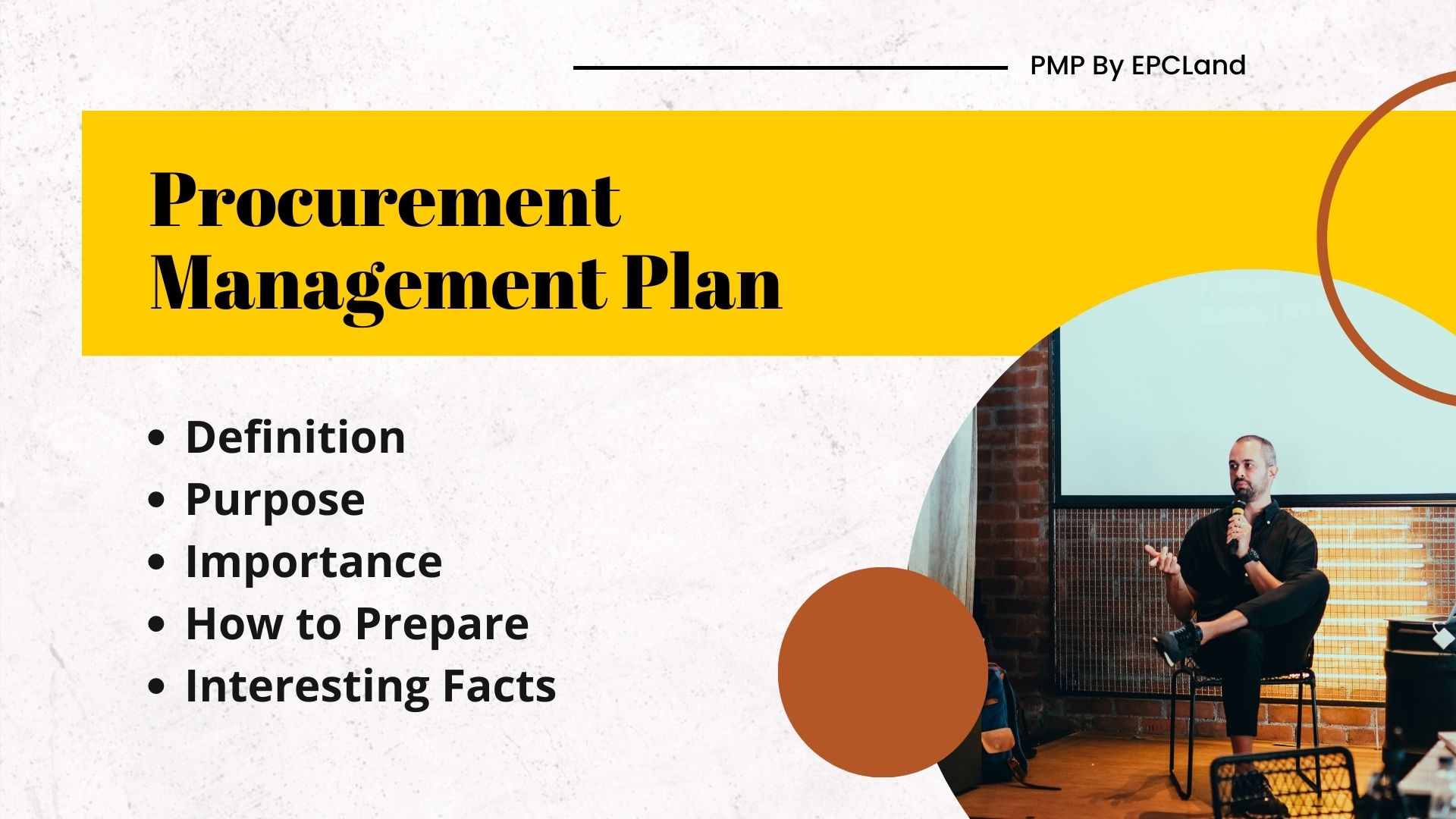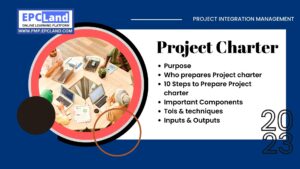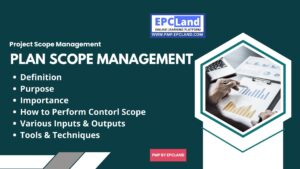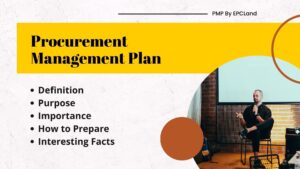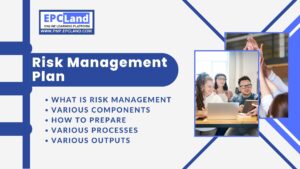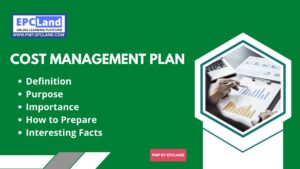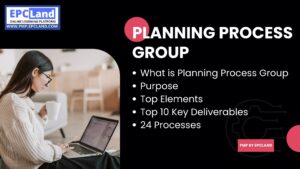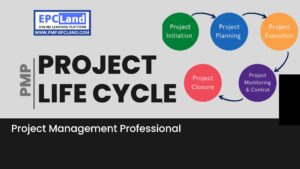Table of Contents
ToggleWhat is a Project Procurement Management Plan?
A procurement management plan is a plan that defines the requirements for a particular project and establishes the steps necessary to reach a final contract. A specific project here means the process required to purchase or acquire a product or service for which an organization deals.
Planning sets up and defines everything related to procurement. Example: Procurement Items, Contracts, Contract Approval Procedures, Cost Accounting, and Decision Criteria.
Overall, the procurement management plan determines the framework of the project. It serves as a guide for the organization and relevant stakeholders throughout the life of the project.
Supply management plans are always flexible and adaptable to environmental and organizational changes, ensuring smooth business operations.
Don’t Miss the 1000+ MCQ questions & hundreds of quizzes on PMP Knowledge Areas and Various important sections.
Why is a Project Procurement Management Plan Important?
A good procurement plan always opens the door to money, time and effort savings and leads to organizational compliance.
Planning helps to clearly define the project from start to finish. It also ensures that everyone involved understands each step from inception to completion.
Let’s take a look at some of the key reasons why a procurement management plan is necessary:
- helps you analyze your previous procurement process and compare related activities.
- List all requirements expected to be procured during the project timeline.
- Helps you establish procurement schedules that enable you to effectively implement the procurement process and establish timelines to meet your requirements.
- Improve software and tools that can take the drudgery out of the way and focus your attention on the important parts of your procurement process.
- Projects are streamlined and easily managed by stakeholders involved in the process.
- Creates a cordial and collaborative effort among project team members to work together towards a common goal.
- It is based on projections of what may happen in the future and provides a range of transparency throughout the procurement process.
- You can consolidate similar charges under one contract or create different departments for different contracts and packages.
Attempt Quiz-1 on Plan Procurement Management Process

Time's up
Components of the Project Procurement Management Plan
The procurement management plan addresses the overall strategy and management of the project. It also outlines a catalog of various requirements of other interest groups.
According to the plan, below are a total of nine major components of the supply management plan.
- Estimating
- Project scheduling
- Vendor control
- Pre-qualified Vendors
- Roles and responsibilities
- Risk management
- Legal jurisdiction
- Payments
- Constraints and assumptions
Estimating
Money is essential at every step. Before submitting a bid in the procurement process, it is important to estimate the funding required for the project. When estimating, factors such as NPV analysis, capital budgeting, and cost-benefit analysis should be compared and analyzed for future reference.
Project scheduling
A project plan clearly defines the project’s tasks, start dates, finish dates and budget. It is important to divide the work into different tasks for different roles, such as external contractors, vendors, and service provider suppliers.
Vendor control
Vendor Management is an integral function of the process. It helps ensure that vendor work is accepted. The supplier management methodology should be part of a plan that clearly defines the description and reference of results.
Prequalified Vendors
Once you have established your vendor screening methodology, it is important to prequalify the vendors you wish to work with. Qualification criteria can be set through past work, project team descriptions, work methodologies, and more.
Roles and Responsibilities
The Procurement Management Plan defines the roles of the stakeholders to facilitate the process. We have clearly defined roles for Project Manager, Technical Manager, Contract Manager, Operations Manager, and Lawyers, and set very high work limits.
Risk Management
The Procurement Control Plan should include a risk profile for each project including risk level, risk tolerance, level of detail, contracts, policies and reviews.
Legal Jurisdiction
Procurement management plans should always be addressed and given jurisdiction. It helps connect projects and make stakeholders aware of their work and act accordingly.
Payments
The Procurement Management Plan should always define the terms, methods, and methods of payment associated with the project. This component is essential to avoid potential conflicts and problems in the future.
Limitations & Assumptions
Plans are always prepared to take into account various limitations and assumptions that may occur in the future. This includes standards, schedules, environment, geographic setting, soil conditions, quality or safety.
Attempt Quiz-1 on Plan Procurement Management Process

Time's up
Final Take Away from Project Procurement Management Plan
In Short, a Procurement management plan defines:
- What to source for good reason and project timelines
- The type of contract used in the project
- Procurement management risks
- Determine approximate cost
- Determine contract term and services
- Define how procurement and contracts are aligned with the project scope, budget, and schedule
- References restrictions related to project procurement
- Track performance metrics for procurement activities
Don’t Miss the 1000+ MCQ questions & hundreds of quizzes on PMP Knowledge Areas and Various important sections.
Similar Articles on Planning Process group
Add Your Heading Text Here
Lorem ipsum dolor sit amet, consectetur adipiscing elit. Ut elit tellus, luctus nec ullamcorper mattis, pulvinar dapibus leo.
